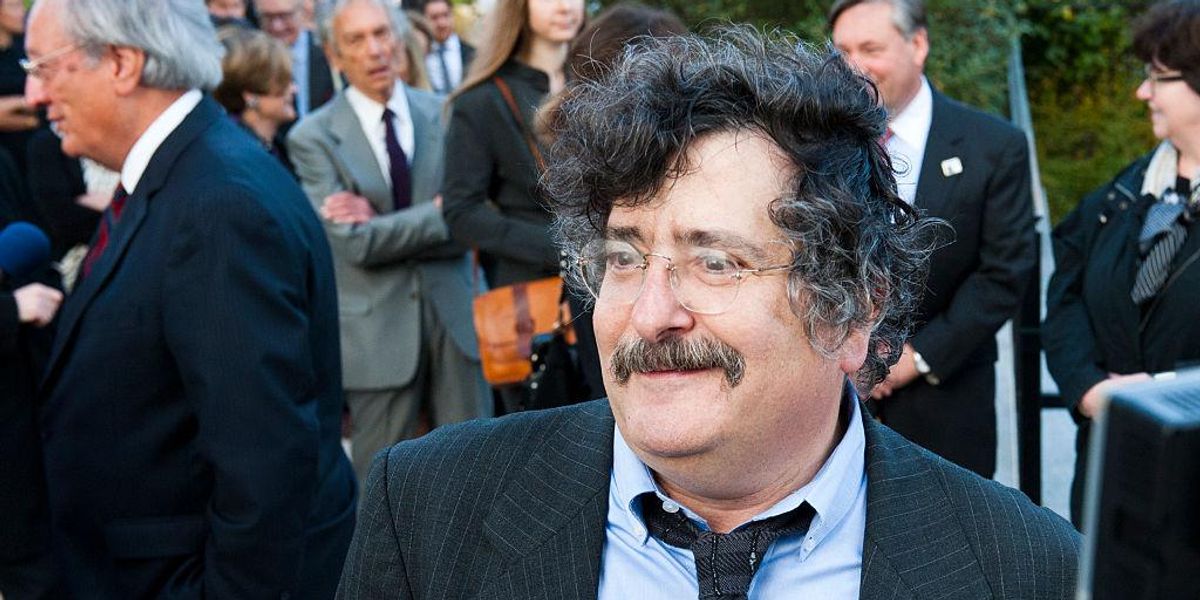I think you're spot-on and that was a great post. Just one thing though. I don't see an ounce of difference between fascism and authoritarianism.
Where am I wrong on that? What am I missing?
Authoritarianism is in essence the opposite of democracy; it means the power to make change within that society lies in the hands of a single person or entity. If forcefully suppresses challenges to the ruling party regardless of legality, won't share power with anyone, and generally doesn't care about your human rights as much as it cares about keeping those in power, in power. Communism, with its promises of total equality to poor people, but really just being about keeping the junta in power, is a type of authoritarianism from the far left.
Fascism, on the other hand, is a type of authoritarianism from the far right. It is based on extreme nationalism—beyond just believing that their nation is great, but believing that it is *the best* at the expense of all others, and therefore deserves to have the things the "others" have. It tells a pretty specific message: that their once-great nation has fallen due to failed liberal policies, corruption, and alien influencers, and that only their leader (there is always a strong leader) can restore the nation to its former glory.
Fascism then plays to the emotions of those "true" members of the nation who feel powerless, scared, frustrated, or pissed off at recent events to mobilize and unite and invest power in this one big leader, even when it conflicts with the nation's laws or principles. It then uses intimidation or violence to force loyalty (there's the authoritarian streak) from established politicians, businesses, the military, and so on, to bring about its authoritarianism. It's always the same, and traditionally it is THE way that large democracies come to an end.
One interesting thing about fascism is that it adapts itself to each society. That's why Mussolini's Fascists (capital 'F' means them specifically) focused on militarism, the Nazis (simply the German version of fascism) had the persecution of Jews at its heart, and in modern days Erdogan's Turkey and Orban's Hungary (each of whom both have strong fascist elements) focus respectively on Muslim purity and ethno-nationalist identity even more than usual. In the US, it appeals strongly to flag-waving patriotism and Christian nationalism.
This is longer than I had hoped, but there's your summary of it all. Fascism is a type of authoritarianism, but it has its own playbook that we need to be able to talk about, because it is otherwise a *huge* threat to the health and even survival of our country.

 www.theblaze.com
www.theblaze.com

 www.theblaze.com
www.theblaze.com








